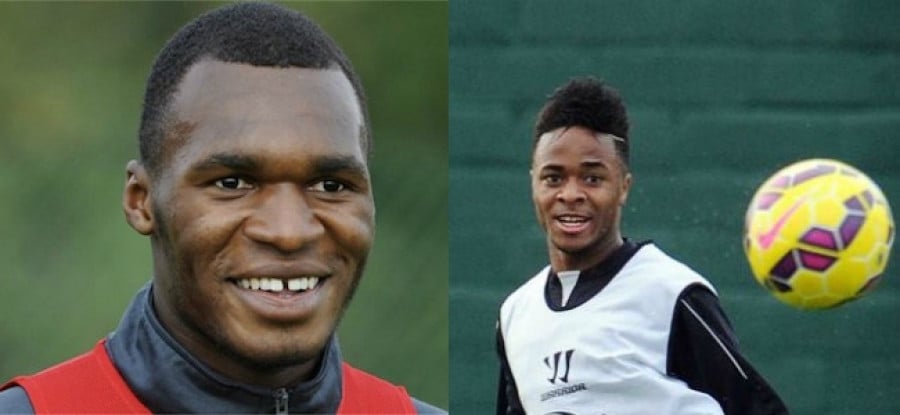Retaining footballing talent – self help, litigation, and market forces

The Raheem Sterling transfer saga again raises the issue of the balance of power between footballers and their clubs. How can a club seek to protect its most valuable assets at the start of the relationship and when it appears likely to break down? What can be negotiated when the player joins? Can the courts help when the player insists on leaving? Might a free for all actually provide a better solution?
This article will explore what clubs can do to help themselves. It will then explore the value for clubs in using the courts to help prevent their prized employees from moving to a rival, before proposing an alternate solution to the courts for the transfer of players.
Protecting talent: negotiating the best contract
Some clubs and players have sought to address the problem in the contracts they negotiate with the player. One possibility is a sporting variant of the pre-nuptial agreement; a term agreed at the start of the relationship, whilst relations are good, in which it is stated that the player can leave the club if an offer of more than a certain sum is made. It should provide a degree of certainty to both sides. A quick glance at the sports pages shows that Liverpool may have secured Christian Benteke by offering the amount specified in his buy-out clause1 and that Man Utd target Pedro had negotiated a significant reduction in his (to £22m2) when agreeing a new contract.
Protection can also be achieved by a lengthy employment contract, which does, of course, offer protection to the player as well. Again, this appears to offer a measure of certainty. Some clubs use this in combination with a buy-out clause.
The problem is that no term in a contract can force a player to play. Furthermore, unhappy players often perform below their potential. So, terms in contracts are useful, but they will not provide complete protection.
To continue reading or watching login or register here
Already a member? Sign in
Get access to all of the expert analysis and commentary at LawInSport including articles, webinars, conference videos and podcast transcripts. Find out more here.
- Tags: Contract Law | FIFA | FIFPro | Football | Governance | Professional Football Compensation Committee | Regulation | The FA | United Kingdom (UK)
Related Articles
- What constitutes restraint of trade in football players’ and managers’ contracts?
- Football managers’ contracts: why clubs should link termination clauses to performance
- Football manager contracts of employment – key clauses for clubs to consider – Part 1
- Football manager contracts of employment – key clauses for clubs to consider – Part 2
Written by
Andrew Clarke QC
Andrew Clarke QC is a leading employment lawyer, part-time judge and co-head of Littleton Chambers in London.




